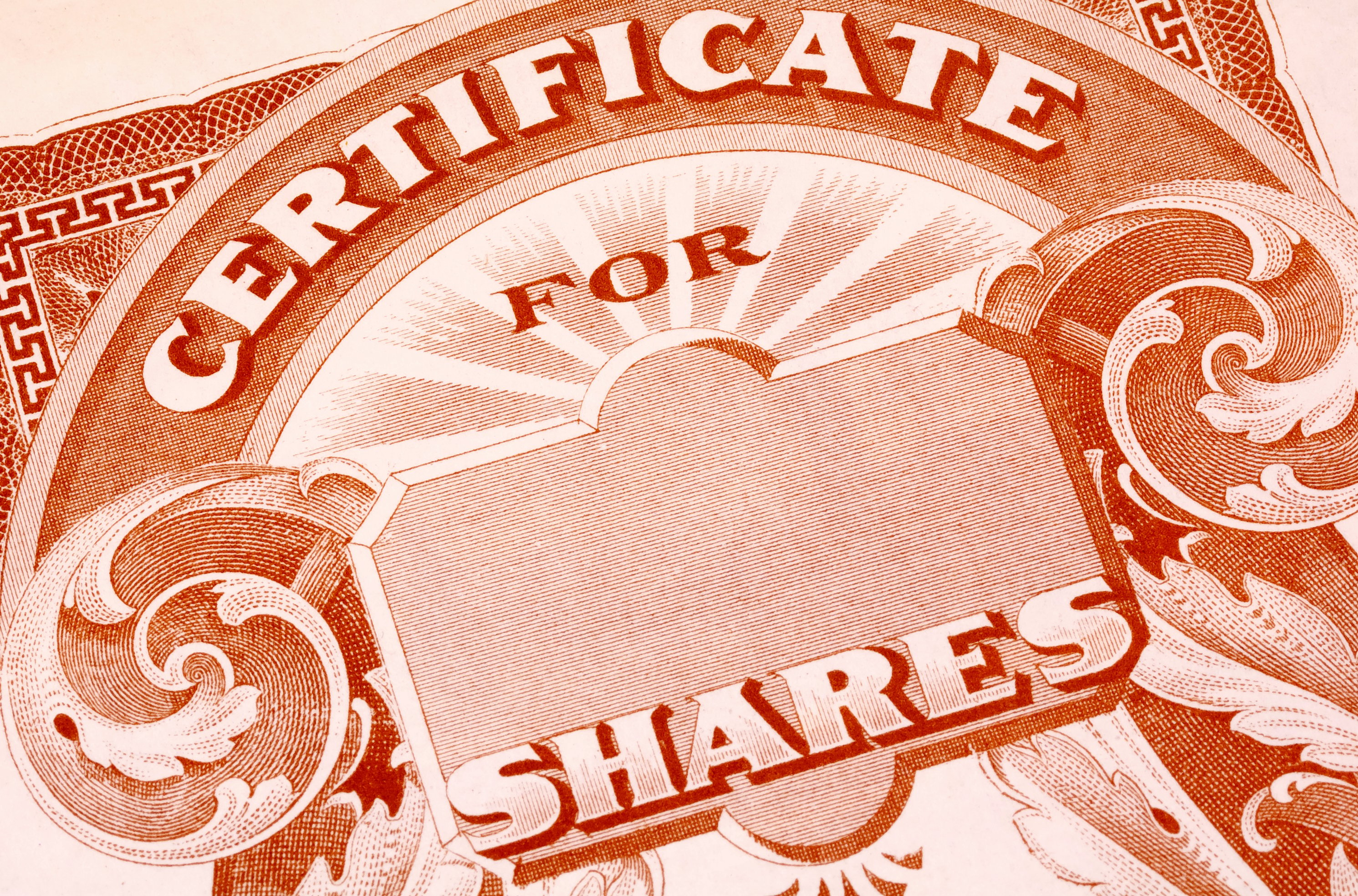Search giant Google (GOOG +1.29%) is a master market disruptor. Mobile devices, location-based services, online advertising, email, and news have all been disrupted by Google to some degree over the past 16 years.
One industry that hasn't been associated with Google, however, is the rapidly growing health care market.
Yet in my opinion, Google could take advantage of this convergence and disrupt three specific fields of health care over the next 10 years, disrupting the traditional business models of industry stalwarts like pharmaceutical giant Roche (RHHBY 0.21%), medical device maker DexCom (DXCM +0.45%), and EHR (electronic health records) provider Allscripts (MDRX 5.46%).
Google vs. the biopharmaceutical industry
Last September, Google created Calico (California Life Company), a new health care company focused on solving aging and related diseases. Calico's stated goals include extending the average human lifespan by 20 to 100 years and treating age-related diseases like Alzheimer's, cancer, and heart disease.
The quest to slow or reverse aging isn't a new one. In 2008, GlaxoSmithKline (GSK +1.86%) acquired Sirtris Pharmaceuticals for $720 million for its pipeline of sirtuins, a class of enzymes that are believed to be integral in slowing the aging process. So far, the technology has been a far cry from a "fountain of youth" -- a handful of studies testing sirtuin-based drugs on inflammatory diseases and type 2 diabetes have proved inconclusive.
However, Google has hired some of the brightest minds in the business to run Calico. Calico is led by Arthur Levinson, the former CEO of Genentech. Genentech, which was acquired by Roche in 2009 for $46.8 billion, today forms the core of Roche's cancer portfolio.
The blockbuster drugs that were developed while Levinson was Genentech's CEO -- Rituxan, Avastin, Tarceva, Herceptin, and many others -- not only improved the lives of cancer patients worldwide, but also define Roche as a company today. Together, those four aforementioned drugs generated over $20 billion in sales in fiscal 2013.
Hal Barron, Roche's former executive vice president, head of global product development, and chief medical officer, also joined Calico as its new president of research and development. David Botstein, the former head of Princeton University's Lewis-Sigler Institute of Integrative Genomics, is now Calico's chief science officer.
All of these hires indicate to me that Google is positioning Calico to become the next Genentech. While Calico's pipeline hasn't been revealed yet, in 10 years Calico could be manufacturing next-generation cancer drugs that could challenge Roche/Genentech's massive footprint in oncology.
Google vs. the medical device industry
Google has also been experimenting with smart medical devices. Its latest effort, the smart contact lens for diabetic patients, tries to read glucose levels from tears, which could render painful pinpricks obsolete. Google is also testing the lens' ability to synchronize wirelessly with a mobile device, similar to Johnson & Johnson's OneTouch Verio Sync Meter, which was approved in March 2013.

Google's prototype smart contact lens. Source: Google.
If Google's smart contacts are approved, companies that primarily make continuous glucose monitors, such as DexCom, could be in trouble.
DexCom is one of the fastest-growing names in the field -- last quarter, its product revenue surged 101% year over year to $42.5 million while its net loss narrowed from $0.25 to $0.08 per share.
More importantly, DexCom and Johnson & Johnson are partnered in the creation of a wearable artificial pancreas to compete against Medtronic's MiniMed 530G, a first-generation device that was approved last September.
Google's smart contacts could disrupt both devices, since they both use continuous glucose monitoring (CGM) technology integrated with insulin pumps. A smart contact lens would displace the need for a CGM device, since it could synchronize wirelessly to the insulin pump instead.
While Google's smart contacts are experimental, they represent the search giant's vision for medicine, which leapfrogs over the current generation medical devices. The secretive Google X Team, which developed Google Glass, driverless cars, Wi-Fi balloons, and the smart contacts, recently held a meeting with the FDA in regards to an unnamed medical device.
Whatever Google has in store won't immediately disrupt DexCom's or Medtronic's medical device businesses, but a new generation of tiny cloud-connected medical devices might alter the market landscape within a decade.
Google vs. the EHR industry
Last but not least, Google could unite the fragmented EHR market. EHRs are considered an essential part of modernizing hospitals, since digitally streamlining patient records can boost productivity and minimize errors.
Unfortunately, the current market is a fragmented mess. According to an annual presentation last May by SK&A, Allscripts is the overall market leader with a 10.6% share of the market, thanks to its dominance of small practices with four to 10 physicians. Meanwhile, privately-held Epic is the leader in large practices with 41 or more physicians, and holds an overall market share of 10.3%.
That fragmentation has made the EHR market a very tough one to unify. Google tried once, with Google Health in 2008, but the service was scrapped in 2011 due to the fragmented state of the market, administrative apathy, and a lack of users.
The good news is that EHR technology has considerably improved over the past two years thanks to Apple's iPad gaining prominence in hospitals. Just three iPads can replace a computer on wheels (COW) and save a hospital $6,000, according to CareCloud's Ahmed Mori.
In April 2012, Allscripts launched a native iPad EHR app (untethered to a desktop platform), named Allscripts Wand. Native iPad EHR apps offer more touch-friendly menus, use Siri for voice-to-text documentation, and take advantage of the iPad's onboard camera for easier patient documentation.
Google Glass, which is scheduled to launch later this year, is the key to disrupting this market. Regardless of the convenience of native iPad EHRs, iPads can never be a hands-free experience. Last October, Philips and Accenture teamed up to launch a proof of concept of Google Glass as a medical device. The proof of concept device was able to display vital patient data and synchronize wirelessly to Accenture's EHR service, offering a truly hands-free, voice-controlled EHR experience.

Source: Google.
Therefore, regardless of the EHR provider, Google Glass -- which also has an onboard camera, voice recognition, and cloud connectivity -- could soon replace the iPad as the preferred method of accessing EHRs.
The Foolish takeaway
In conclusion, investors in tech and health care should keep a close eye on Google's growing footprint in these medical industries.
While Google's projects seem like "moon shots" (as the company likes to call them), they could grow into major pillars of growth for the company in a decade and disrupt unexpected fields like biotech, medical devices, and EHRs.










